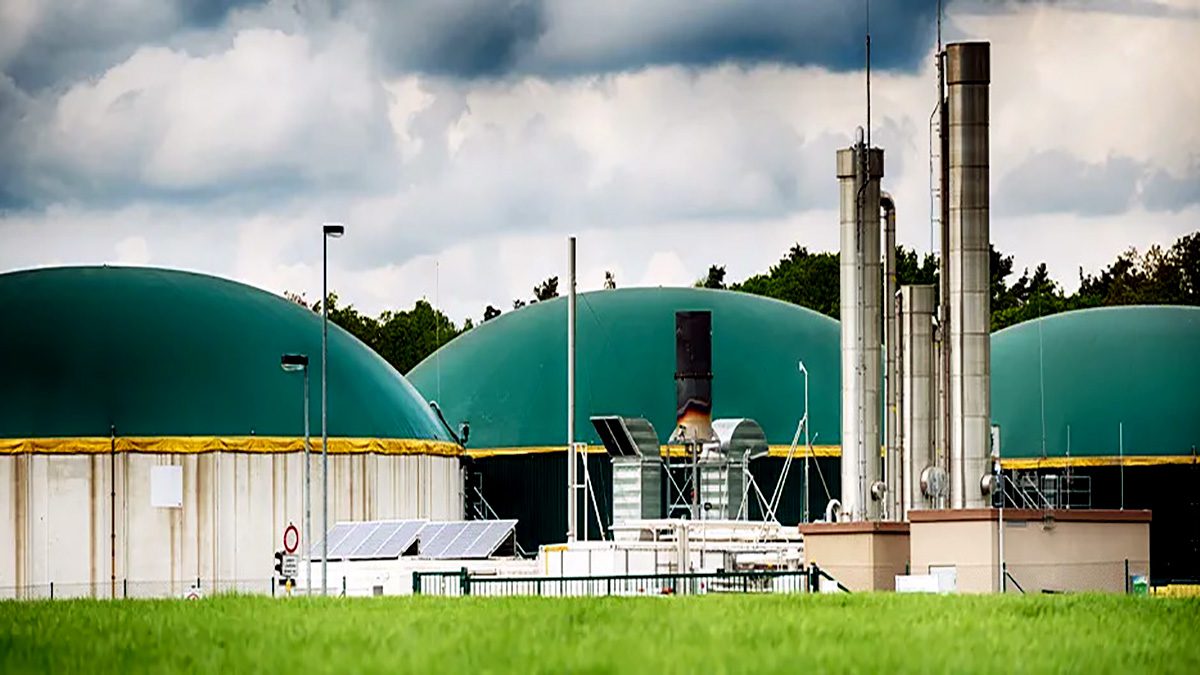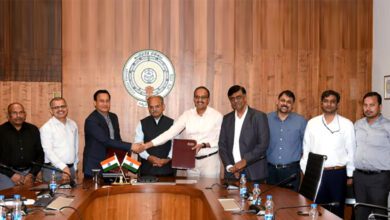Bajaj Hindusthan Sugar and EverEnviro have joined hands in a new venture to produce compressed biogas (CBG) in Uttar Pradesh. This partnership marks a significant step in India’s transition towards sustainable energy solutions and is a testament to the commitment of both companies to promote environmental sustainability.
Bajaj Hindusthan Sugar, Asia’s largest owner of crushing capacity and one of the largest globally, presently generates around 5,00,000 MT of press mud annually from its 14 operational sugar mills. This press mud, a by-product of sugar production, is a key component for setting up CBG plants. With a total capacity of 70 MT per day, the CBG plants are expected to significantly boost the production of this eco-friendly fuel.
According to Kushagra Bajaj, Chairman of the Bajaj Group, the partnership is aligned with the national objective of reducing dependency on fossil fuels. He stated, “The focus has always been on nation building. The Government of India and Government of Uttar Pradesh has been promoting and encouraging setting up of CBG plants and production of CBG as renewable gas in line with country’s objective to reduce dependency on fossil fuels.”
EverEnviro, India’s largest CBG player, brings its expertise to the table in developing, operating, and scaling up CBG projects across the region. Mahesh Girdhar, MD and CEO of EverEnviro Resource Management Pvt Ltd, noted, “This initiative aligns perfectly with our nation’s objective of reducing fossil fuel dependency and promoting environmental sustainability.”
Under the agreement, Bajaj Sugar has the option to either sell press mud at predetermined long-term prices and/or take equity in the CBG plant project alongside EverEnviro. This bilateral arrangement ensures a steady supply of press mud, enabling EverEnviro to significantly boost the CBG production capacity of its plants.
Moreover, the fermented organic manure produced as a byproduct of CBG production will promote regenerative agriculture, enhancing soil health and fertility in the region. This sustainable model will not only reduce the carbon footprint but also benefit farmers in the region.












